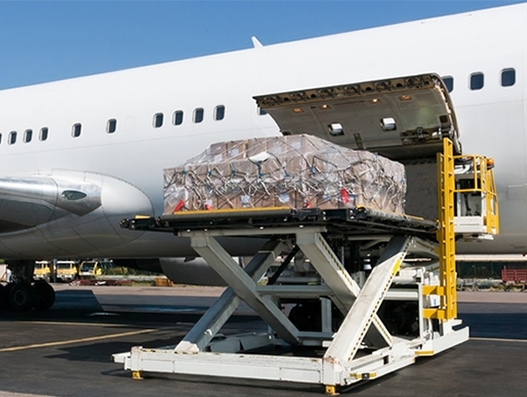
IATA's Cargo-XML messaging standard integrated into ASYCUDA World
Jan 27, 2017: IATA's Cargo-XML messaging standard has now been fully integrated into ASYCUDA World, the UNCTAD automated customs management system used by 90 countries worldwide for their customs procedures. The integration of Cargo-XML in ASYCUDA World standardises the electronic communications between airlines and customs authorities

Jan 27, 2017: IATA's Cargo-XML messaging standard has now been fully integrated into ASYCUDA World, the UNCTAD automated customs management system used by 90 countries worldwide for their customs procedures.
The integration of Cargo-XML in ASYCUDA World standardises the electronic communications between airlines and customs authorities using the programme.
The new data standard reduces message duplication and simplifies communication across the supply chain facilitating trade growth, improving cargo security, modernising customs operations and fostering participation in global commerce through advance electronic data submission for air cargo shipments.
Cargo-XML makes it easier for airlines, freight forwarders and shippers to ensure that the information being provided to the customs authorities is technically correct and in line with the standards of industry bodies such as the World Customs Organisation (WCO) and regulators. It also facilitates custom risk assessments for air cargo shipments and improves compliance with security regulations.
Having a standard air cargo digital messaging system between customs authorities, airlines and other air cargo stakeholders is fundamental to enhancing efficiency, driving trade growth and maximising safety and security across the industry. IATA's successful partnership with UNCTAD means that airlines, freight-forwarders, shippers and border agencies in over 90 countries can now talk the same digital language. It takes the industry one step closer to achieving the global adoption of a standard air cargo messaging system, said Glyn Hughes, Global head of Cargo, IATA.
Considering the complexity of trade flows, increasing demands on advance risk assessments and operational efficiency, electronic data interchange is an integral component of customs modernisation programmes, said Shamika N Sirimanne, director of UNCTAD's Division on Technology and Logistics.
Qatar Airways Cargo was the first carrier to fully adopt, implement and integrate the next generation messaging standard, Cargo-XML in its core cargo management system, CROAMIS, in September 2016.
In August last year, the US Customs and Border Protection announced that it would use Cargo-XML to collect advance data on US export shipments.

